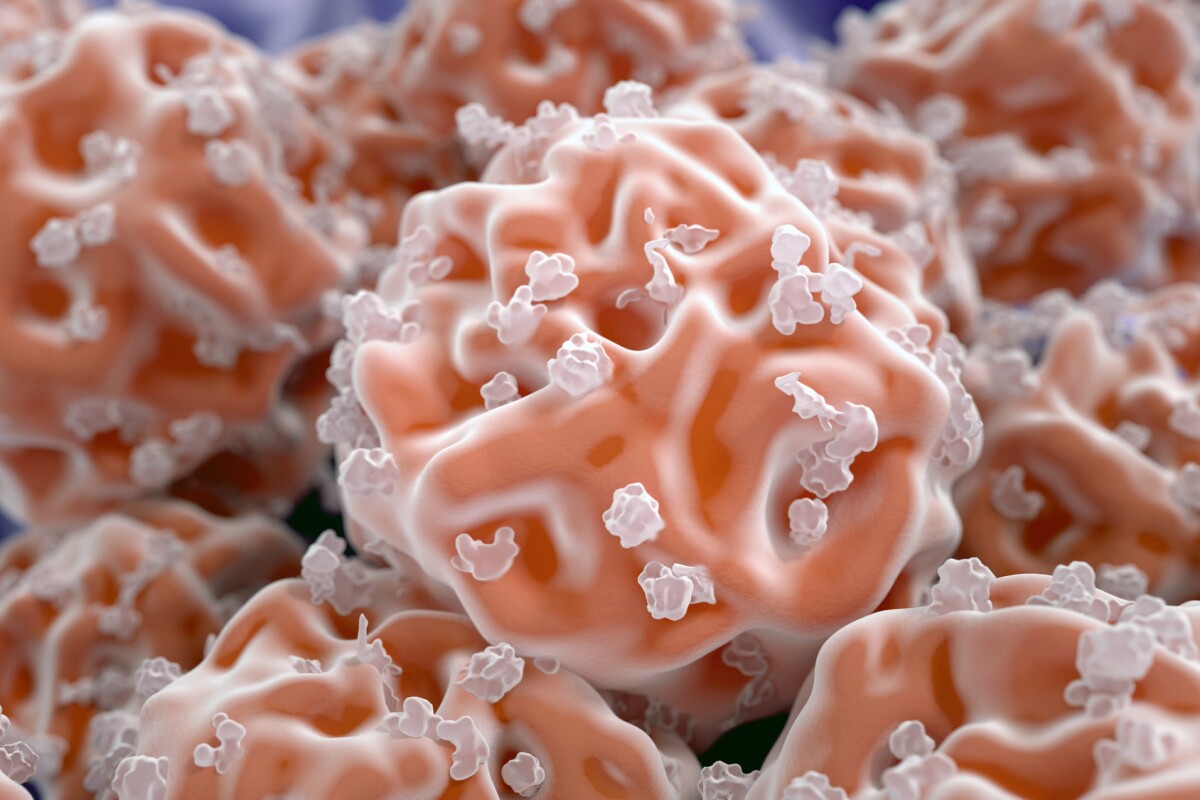A newly discovered cell that matures into two specialist cell types – an immune cell responsible for tissue repair and a cell that forms blood vessels – significantly boosts wound healing, according to new research. It could be a game-changer for people suffering from chronic, hard-to-heal wounds. are the descendants of , and like stem cells, progenitor cells can differentiate into various cell types.
However, they’re not as flexible as stem cells in terms of what cells they can mature into; each progenitor can only differentiate into cells that belong to the same tissue or organ. While some progenitor cells have one final ‘target’ cell, others are bipotent, meaning they have the potential to differentiate into two cell types. The primary role of progenitor cells is to replace dead or damaged cells, so they’re necessary for repair after injury and as part of ongoing tissue maintenance.
Now, research led by the South Australian Health and Medical Research Institute (SAHMRI) has discovered a completely new type of bipotent progenitor cell with the potential to boost healing. “These [progenitor] cells have an important job, to help grow blood vessels when the body calls for it,” said Dr Sanuri Liyange, co-lead author of the study. “They are activated by injury or poor blood flow, at which point they rapidly expand to aid in healing.
” The newly identified progenitor cell, discovered in the outer layer of the aorta of adult mice, differentiates into endothelial.


















